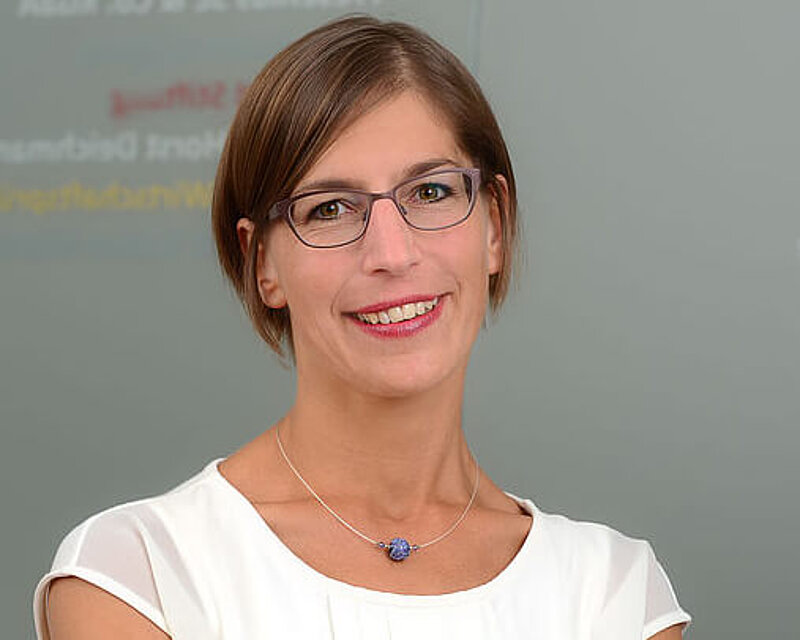
In an interview with the Frankfurter Allgemeine Zeitung, Christine Reh talks about the move to online teaching.
When the COVID-19 pandemic forced the Hertie School to move to online teaching in the middle of its semester, the school's main goal was to “ensure our high-quality teaching standards”, says Christine Reh, Dean of Graduate Programmes and Professor of European Politics in an interview with FAZ published in print on June 6.
“There were three factors that were very important to us,” she says. “First, the knowhow and support from our digital learning team under the guidance of Dr. Annika Zorn, a leading expert in the field of online education. (…) Second, we needed a reliable and easily accessible IT platform for both teachers and students. We chose ClickMeeting because it gave us the option to offer various interactive teaching and learning formats. Third, there was an ‘in-class supporter’ in each online course - an assistant for every instructor. That way, the teachers could focus on teaching.”
Another challenge, Reh adds, were the exams at the end of the semester, particularly for the students. “For many students, this semester was anything but easy,” she explains. “They were burdened with studying alone at home, worrying about their families both in Germany and abroad and the question of entering a difficult job market. Therefore, we extended deadlines to be more flexible and also offered workshops and consultation – online, of course!”
Reh admits that she initially had reservations regarding virtual learning because a university lives from direct interaction and exchange, be it in the classrooms, the cafeteria or at events. However, she now sees many advantages.
“Discussions were often more inclusive, and students who are usually more reserved suddenly became actively involved,” she says. “Lecturers have reconsidered their teaching concepts and tried new methods. (…) In both research and teaching, it was much easier for colleagues from abroad to join the ‘virtual Hertie School’, and events reached a much wider audience.”
When asked about the start of the new semester this fall, Reh says that the Hertie School is planning a hybrid model.
“That means that all students in Berlin will join their classes on site – with the necessary distance, of course,” she says. “For our international students who can’t be in Berlin by the beginning of the new semester, we plan to continue with online teaching. In concrete terms, this means: lectures are being broadcast live or will be recorded, online labs will be offered at various times throughout the day to reach students in different time zones, seminars will be held ‘face-to-face’ for students in Berlin and online for students abroad, and virtual working groups will bring together our students wherever they may be.”
The full interview is available in the 6 June print version of the FAZ.
More about Christine Reh
-
Christine Reh, Professor of European Politics
